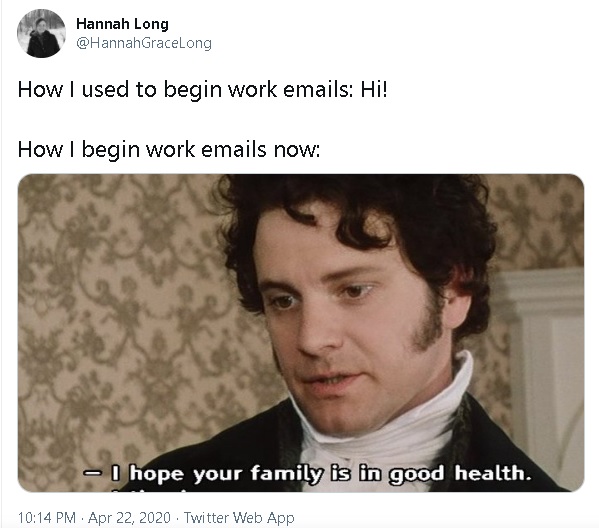How 2020 changed our language
Medical Pharmaceutical Translations • Jan 11, 2021 12:00:00 AM

Updated: Jan 12, 2021
Language is constantly evolving, but in 2020, English (not to mention a number of other living languages) changed dramatically. So much so that the Oxford English Dictionary, which usually publishes updates four times a year, issued two additional special updates due to words whose meanings evolved during the COVID-19 pandemic.
But this health crisis wasn’t the only thing that changed our vocabulary. After all, 2020 was also a year of political strife and social change. A number of events have contributed to fast, sometimes dramatic changes in the English language. Many of these changes may be here to stay.
The COVID-19 pandemic has changed our lives in so many ways, so it’s unsurprising that it was without a doubt the biggest influence on the English language in 2020. Interestingly, though, the only confirmed, widely-used new word to come out of the pandemic so far has been…”COVID-19”, which Professor Susan Hunston writes, has also begun “ to stand in metonymically for a complex set of circumstances”. She compares it to how we use the term "9/11".
While they may not be brand-new, a number of other terms have been repurposed or given new significance during the health crisis. These include “social distance” and “lockdown”.
Linguists have also noted new blends – that is a combination of terms to create a new word. These include “maskne” (acne caused by wearing a mask) and “covidiot” (essentially, someone who doesn’t follow the basic rules of pandemic life and/or denies the existence or seriousness of COVID-19), both of which are on the Oxford English Dictionary’s watchlist for inclusion.
The pandemic hasn’t just changed the words we use, but the way we use them. For instance, the language around the pandemic and its effects (self-isolation, etc.) is continuing to evolve in the marketing and advertising world. Digital marketing strategist Jason Heller explains that while the words advertisers used in the early days of the pandemic reflected caution and concern, consumers now seem to look for hope and what will happen next.
And even those of us who simply want to communicate with one person, rather than an entire target market, have probably found ourselves making at least a few small changes. There have been a number of think pieces, observations, and even delightful memes and tweets (including the one by Hannah Long that illustrates our article) about a significant way email greetings have transformed: It’s become common to enquire after people’s health – both physical and mental.
For instance, a number of social media users have shared a catchy greeting whose attribution is hard to determine, but whose appeal seems pretty universal: “Hope you’re staying positive and testing negative.” As Twitter user Austin Rief observed in July 2020, “Imagine the response you would have gotten 6 months ago sending this to people.”
In addition to the pandemic, several other 2020 events had an impact on English, including the increasing awareness of gender identity issues. This has led to people becoming more familiar with phrases like “preferred gender pronouns”, not to mention listing them in social media bios.
Like the COVID-19 pandemic, the Black Lives Matter movement has led to a repurposing or new significance for a number of words. Some of these, like the phrase “take a knee” or the term “wokeness” were already on the rise, but the movement solidified their new roles. You can find a list of more of these words here.
The most notable linguistic change the movement brought about in 2020, though, was the way it inspired many journalists, writers, and everyday people to capitalize the word “Black” when referring to race.
Many of the linguistic changes we experienced in 2020 reflect a tumultuous world. But there are a few, like the capitalization of “Black,” the evolving acceptance of preferred pronouns, and simply the fact that it’s become normal to check in on each other even when shooting out a quick email, that show a positive side to a very difficult year.
Here’s hoping that any changes 2021 brings to our language (or others) come from positive events only!
Contact Our Writer – Alysa Salzberg
